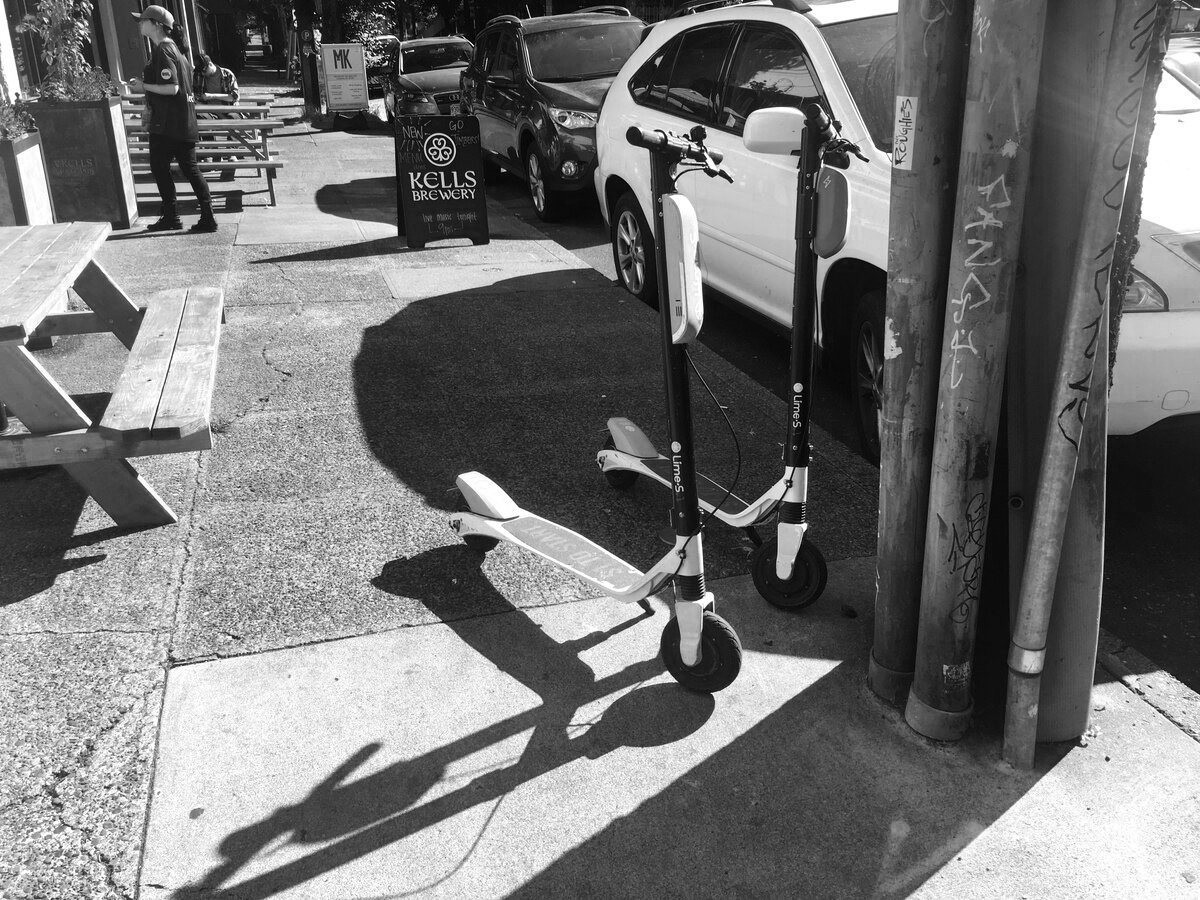
How We Help:
Project Independence
Ensuring people with disabilities make their own decisions about their life
Niko's Story
People with disabilities should have the same opportunities to live just like people without disabilities, including holding a job, having a place to call home, and hanging out with friends and family in the community.
Funding and support services should help fulfill these opportunities by making sure people with disabilities make their own decisions about their life — whether that’s where you live, who your friends are, or what job you seek. This is what independence looks like.
Advocacy
Read more about Disability Rights Oregon’s advocacy campaigns to ensure the independence of people with disabilities.
Client Assistance Program
Expanding job opportunities and independent living
Learn more about our Client Assistance Program >
Guardianship and Alternatives
Promoting self-determination and independence
Learn more about Guardianship >
Financial Independence
Eliminating employment barriers for social security recipients
Learn more about Financial Independence >
Litigation
Promoting Alternatives to Guardianship
Everyone should be able to live with as much self-determination and independence as possible. A guardianship should be limited to meet your actual needs.
Your rights in limiting or ending a guardianship
If someone is seeking to become your guardian or if you’ve had a guardian appointed and would like to limit or end the guardianship, learn about your rights.
How we Transformed Oregon’s Guardianship Laws
Guardianship is a highly intrusive restriction on the rights and self-determination of a person.
For nearly 30 years, Disability Rights Oregon has been fighting to uphold the civil rights of individuals under guardianship. Disability Rights Oregon works to ensure that individuals understand their rights and can have any objections heard by the court.
Live in Your Own Home
When people with physical disabilities or older Oregonians live in their own homes, they enjoy greater independence and self-determination.
Thousands of Oregonians wish to live independently, but need help with daily care needs.
In 2017, Aging and People with Disabilities announced a number of changes that would end a service option for live-in caregivers, reduce the number of care hours available to some people, and make it more difficult for some individuals to qualify for services.
We worked to address concerns with how these changes impact individuals who use these vital services and supports.
Independence for Mike
One day, his healthcare provider abruptly notified Mike that they would no longer provide care for him. With no other appropriate healthcare provider nearby, Mike said the VA left with him with this stark choice: “either move to a ventilator home out of state, away from family, friends, and my ALS accessible home, or go off of the vent and die.”
Mike contacted Disability Rights Oregon, and we helped him file a lawsuit against the VA. With DRO’s help, the VA agreed to contract with another healthcare provider and Mike was able to stay in his family home.
Media Coverage
U.S. Attorneys Office Announces Dismissal of Case Involving Veteran whose Care Was Dropped (KPIC News, June 15, 2018)
VA Will Provide In-Home Care for Vet with Gehrig’s Disease (Associated Press, June 15, 2018)
VA Continues Home Health Care for Disabled Oregon Vet (The Oregonian, June 15, 2018)
Mike, a U.S. Air Force veteran who served in the Gulf War, was diagnosed with ALS, a devastating disease destroys muscles and robs people of their ability to speak, swallow food, and breathe on their own. The U.S. Department of Veterans Affairs found him to have a 100 percent service-connected disability.
Mike had been receiving full VA disability benefits that provided around-the-clock healthcare in his home and help with lifesaving care — like keeping his ventilator working. Mike also received help using his feeding tube for nutrition, taking medication to stay healthy, bathing himself, and moving around.
Success Stories















